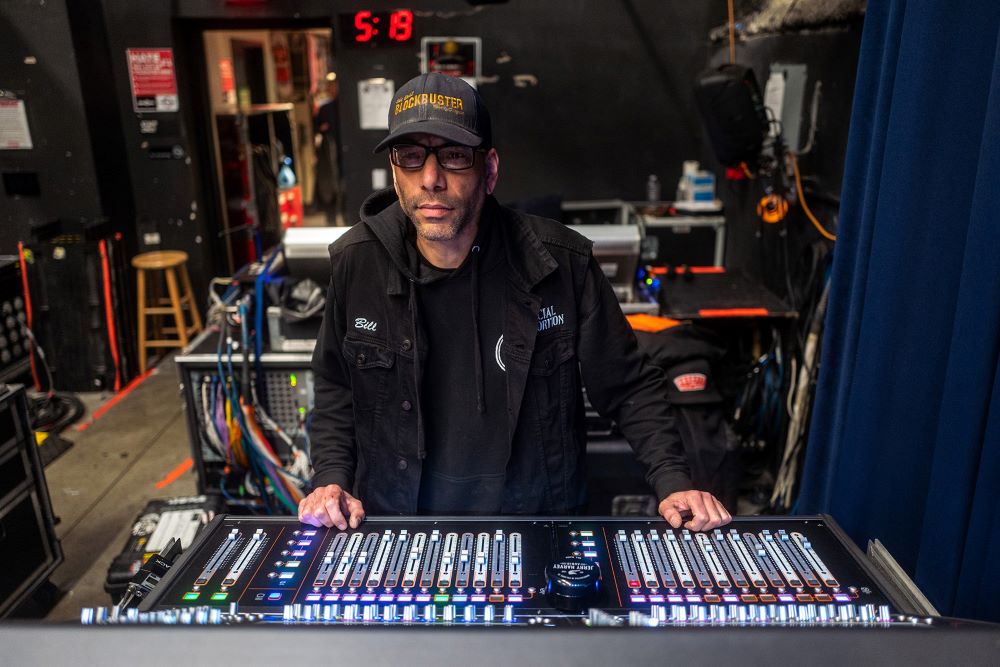Community, Leadership, Experimentation, Diversity, & Education
Pittsburgh Arts, Regional Theatre, New Work, Producing, Copyright, Labor Unions,
New Products, Coping Skills, J-O-Bs...
Theatre industry news, University & School of Drama Announcements, plus occasional course support for
Carnegie Mellon School of Drama Faculty, Staff, Students, and Alumni.
CMU School of Drama
Subscribe to:
Post Comments (Atom)

2 comments:
The shift from analog to digital technology in the music industry has been a gradual process, but Digico's contribution to Social Distortion's setup helps highlight the advantages of this transition. The use of digital technology in live sound reinforcement has become increasingly common, offering benefits such as greater flexibility, ease of use, and cost-effectiveness.
Digico's technology allowed Social Distortion to streamline its setup and achieve high-quality sound with minimal hardware and cabling. The band was able to save time and space while also reducing the risk of technical issues during their performances. This, in turn, has allowed the band to focus on what they do best - making music.
Digico's contribution to Social Distortion's setup serves as a shining example of the benefits of the transition from analog to digital technology in the music industry. The ease and flexibility offered by digital technology can help musicians focus on their craft while also opening up new possibilities for live music production.
It's interesting to read about how switching from analog to digital has affected Social Distortion. On the surface, it might seem that just changing a mixer over from analog to digital wouldn't really affect the band as much as the engineer, but it certainly does. The first mixer I ever used was an analog Soundcraft (Soundcraft Live 8 32 channel), and I remember thinking at one time that this mixer was great - and I'm sure it was, but it's incredible how much more digital mixers can do for you. Just as the article says: the ease and greater versatility of routing, emulators and effects, and just the reliability of digital over analog. I remember the first time I saw a digital mixer, I was watching someone mixing a concert, and I was blown away by what it could do. Still, I think that there's something special about analog, maybe the simplicity or the feeling of direct control. I have a Ramsa WR-133, and while it sucks and I would never use it for anything important, it's got a great feeling that I can't explain.
Post a Comment